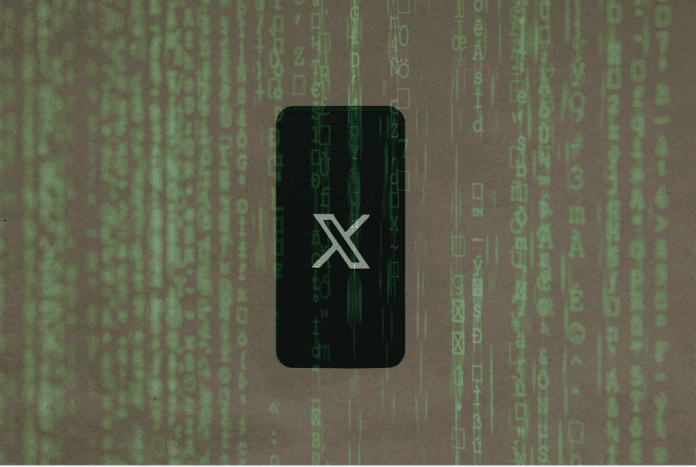This post is also available in:
 עברית (Hebrew)
עברית (Hebrew)
On Monday, X (formerly known as Twitter) was hit by widespread outages, with users around the world experiencing difficulties accessing the platform. The hacktivist group, Dark Storm, took responsibility for the attack, claiming it as a protest against Elon Musk and U.S. President Donald Trump. Using the hashtag #takedowntwitter, a Bluesky user named ‘Puck Arks’ shared that the group had launched a Distributed Denial-of-Service (DDoS) attack on the platform and planned to continue the disruption for several hours.
Reports from Downdetector showed that approximately 40,000 users in the U.S. and 10,800 in the UK were affected, with most issues centered around the X app. The outages began at around 6:00 a.m. Eastern Time, peaking by 10:00 a.m., before subsiding slightly. However, the disruptions resurfaced later in the afternoon, impacting over 35,000 users by 1:00 p.m. The group behind the attack expressed its dissatisfaction with Musk’s and Trump’s policies, calling their actions a form of “peaceful” digital protest, according to Cybernews.
Elon Musk responded, confirming that his team was investigating the attacks, which he described as a significant and resource-heavy operation, possibly involving a coordinated group or even a nation-state actor. Experts, however, noted that the short duration of the attack made it less likely that state-backed actors were involved. David Mound, Senior Penetration Tester at SecurityScorecard, highlighted how DDoS attack tactics have advanced over the years. These new techniques, he explained, make mitigation far more complex, according to Cybernews.
Dark Storm has a history of politically motivated cyberattacks, particularly targeting Israeli infrastructure starting October 8th, 2023, and has recently expanded its operations to include high-profile targets like major airports and social media platforms outside of Israel. This attack is part of a broader trend of hacktivism, where cyberattacks are used as tools for political expression, particularly in the context of ongoing geopolitical tensions.
As DDoS attacks evolve and grow more complex, experts stress the importance of proactive security measures for organizations to mitigate the risk of such disruptions.


























